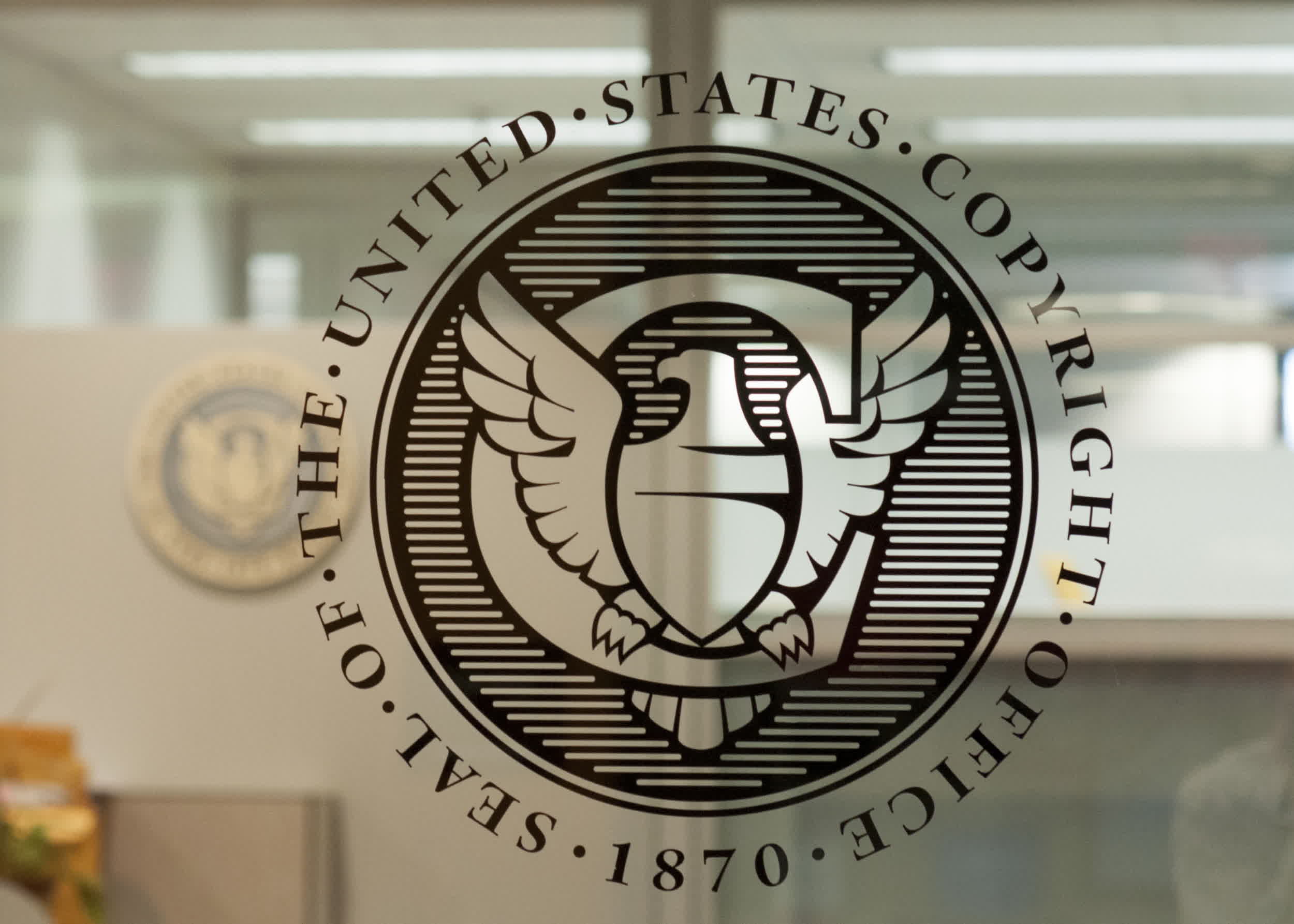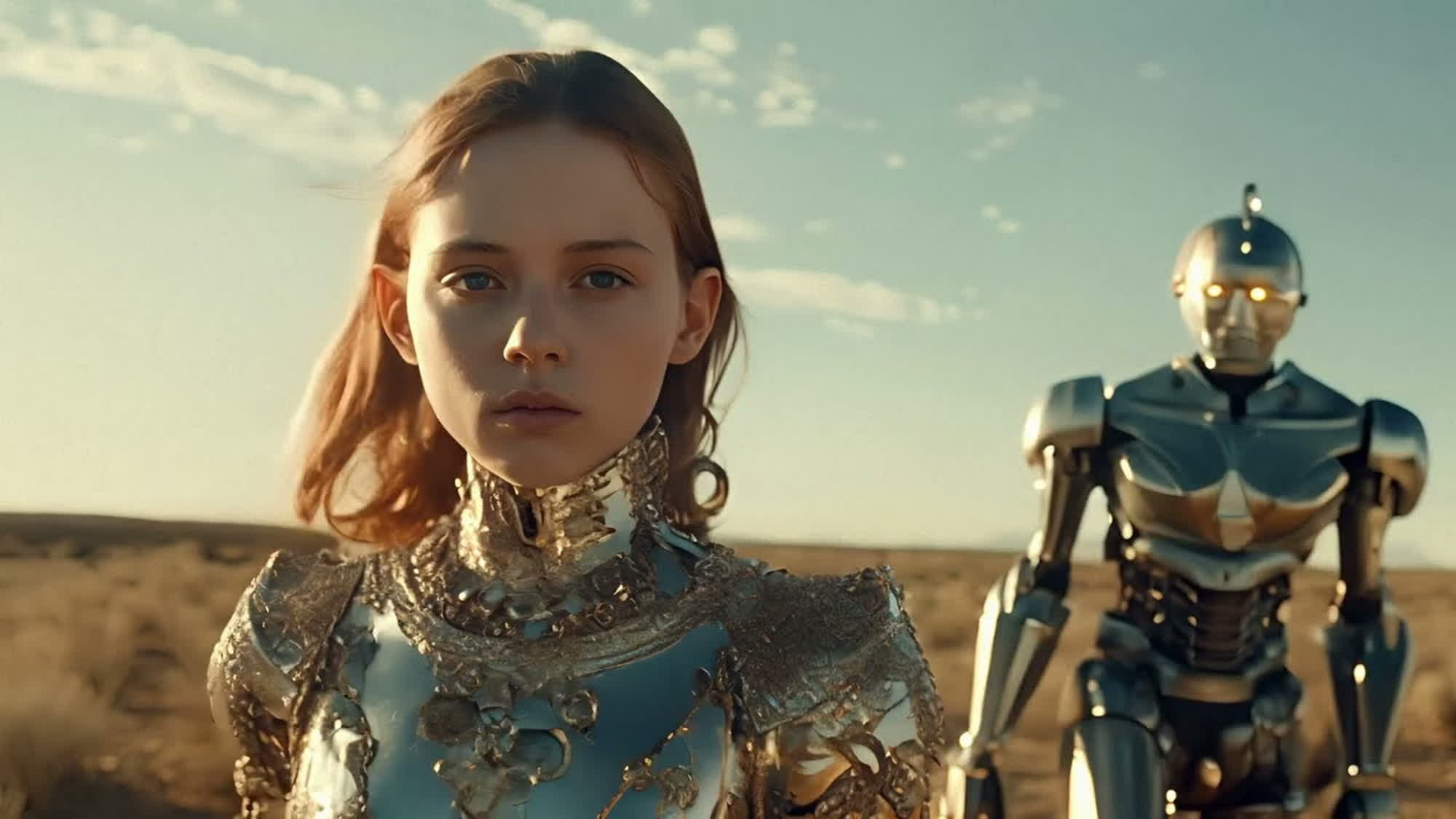Forward-looking: The US Copyright Agency is publishing a series of reports about the relationship between copyright and AI. Despite the complexity of the issue, the organization has already said that AI-based works with no human intervention cannot enjoy copyright protection at all.

Movies and other complex works created through AI means cannot be copyrighted, except when these AI tools are used to further develop pre-existing content. The US Copyright Office (USCO) recently published its second report on copyright and artificial intelligence, dealing with the "copyrightability" of outputs generated by large language models and other AI systems.
The report focuses on the level of human contribution to AI-made works, which is a crucial point in deciding if copyright can be applied to those works. The USCO received more than 10,000 comments about the issue, the vast majority of which said that existing copyright laws were adequate to be applied purely to AI outputs.
However, participants had different opinions about generative AI outputs involving "some form" of human contribution. Copyrightability must be determined on a case-by-case basis, the report states, but new legal principles are needed to deal with AI-made content. If said content was generated by simply entering prompt texts into an AI service, authorship and copyright cannot be applied, USCO said.

The agency set a different rule for the "assistive" use of AI tools, with different tasks benefiting from artificial intelligence algorithms throughout the entire creative process. The USCO cited several comments submitted by the Motion Picture Association and other trade organizations on AI systems used to age or "de-age" actors, remove objects from a scene, and more.
The US agency said that there's an important distinction between AI tools used to assist in the creation process, and "generative" services exploited as a stand-in for human creativity. The assistive use of AI models does not limit copyright protection, while AI systems making "expressive" choices require further analysis.
For now, images generated through Midjourney or other AI services cannot be copyrighted, no matter the prompt's complexity. Further prompt iteration has no value because "creators" are essentially 're-rolling' the dice of the black-box AI system without having any degree of control over the generative process.
The new report is part of a series of (human-written) analysis works about copyright in the wild world of generative AI. The first report was released in July and asked for new legislation designed to properly fight audio and visual deepfakes. The upcoming third part in the series will deal with the crucial issue of AI model training, and whether AI companies should be allowed to build their for-profit AI services on top of copyrighted works without paying a single dime to anyone.
US Copyright Office rules out copyright for AI created content without human input